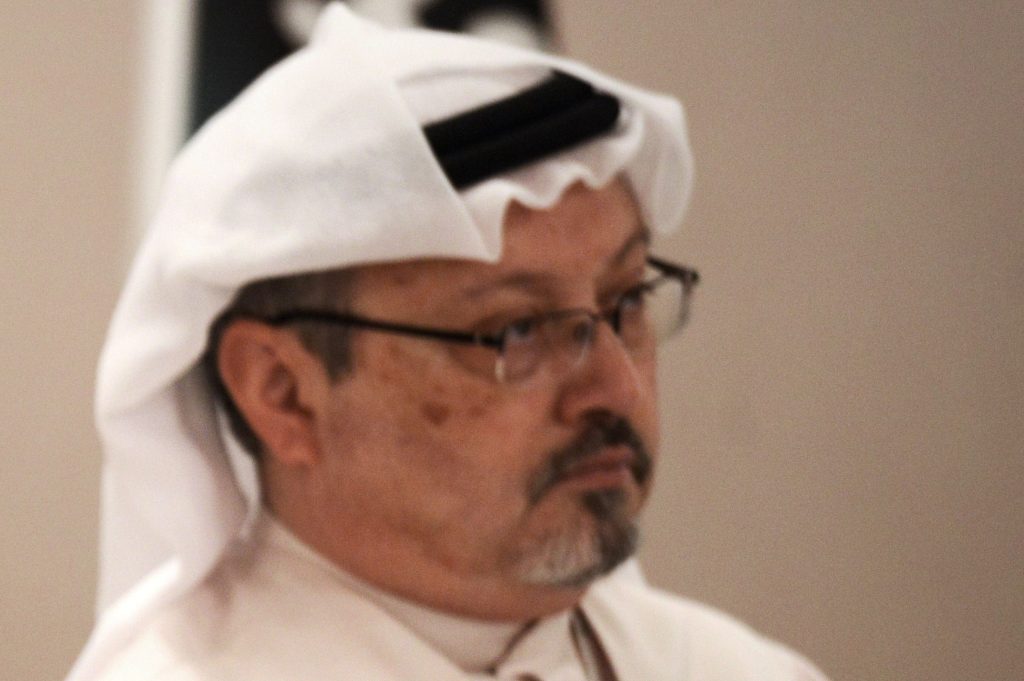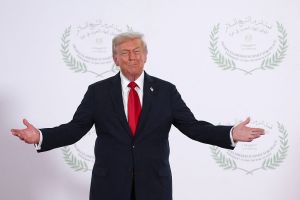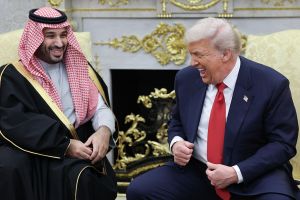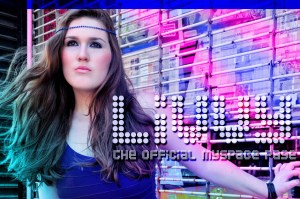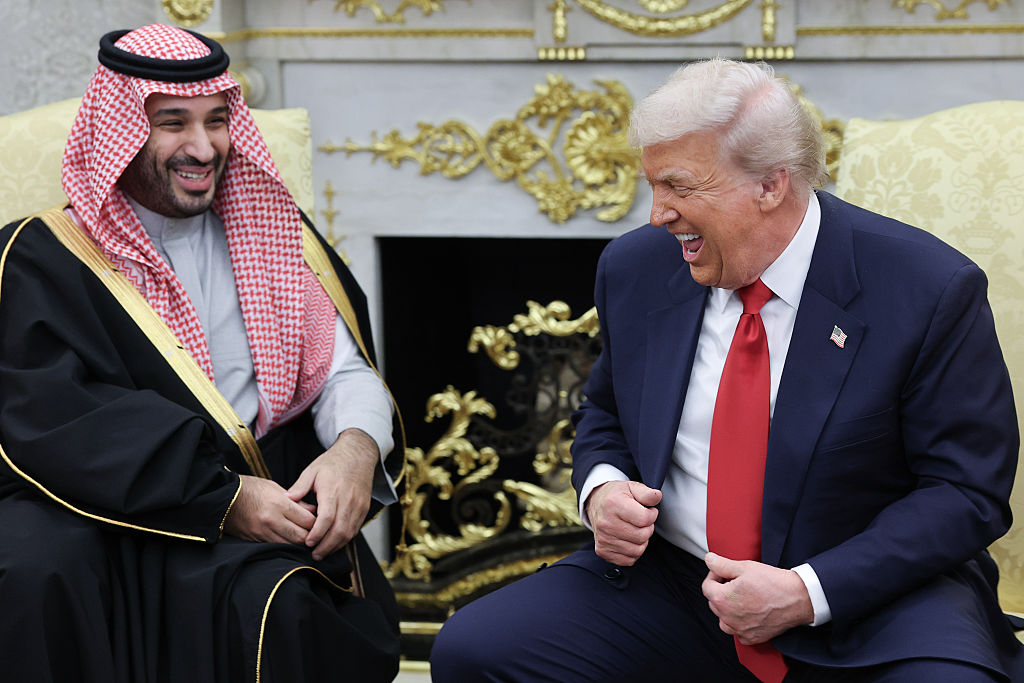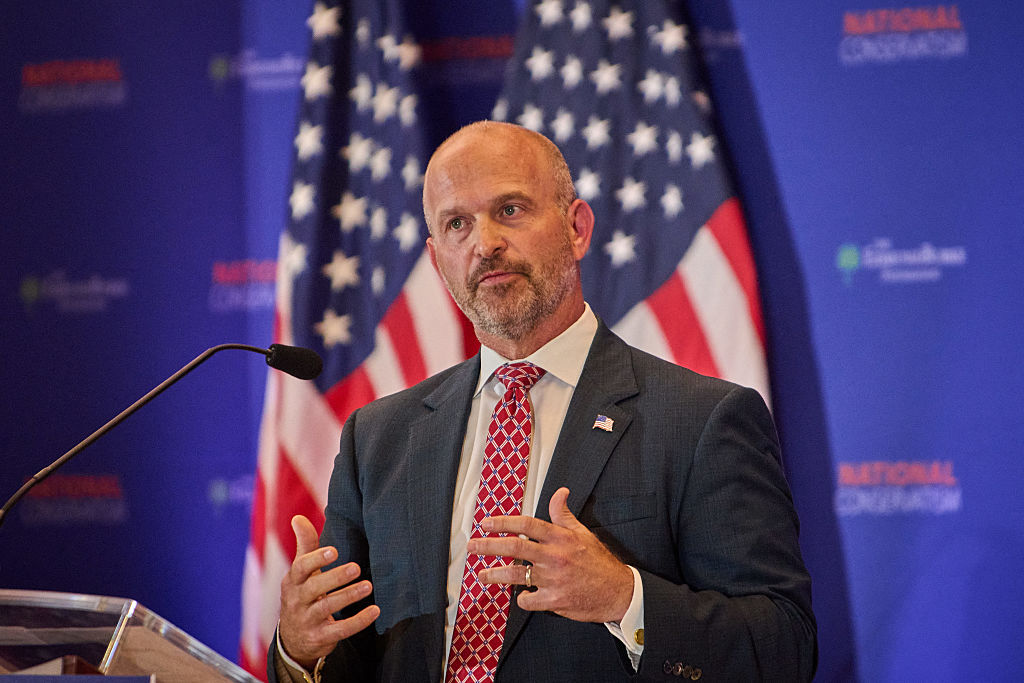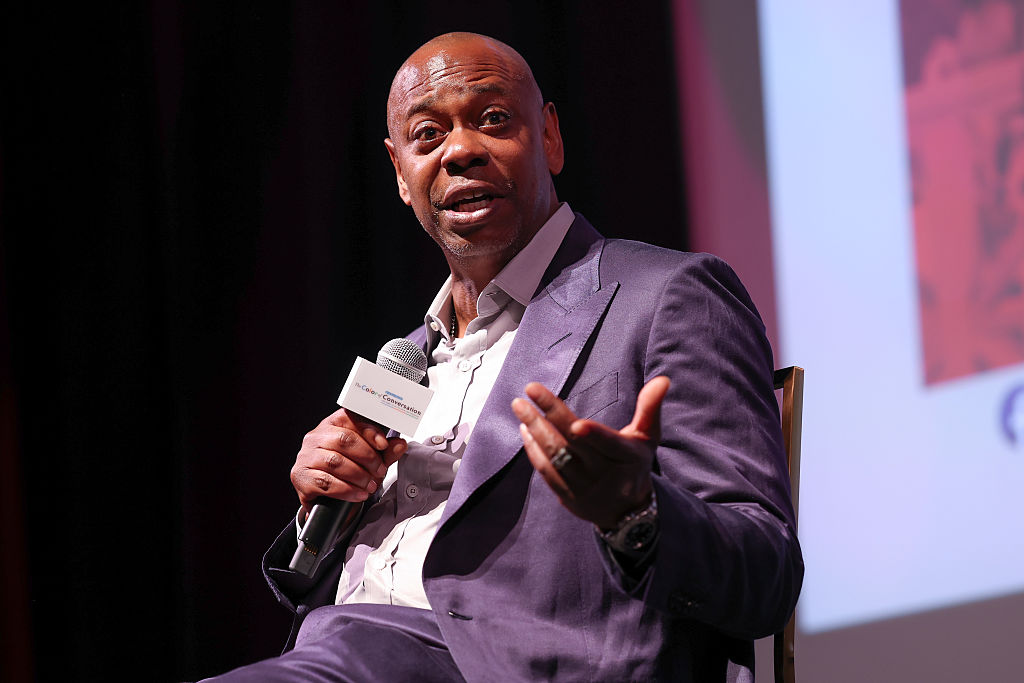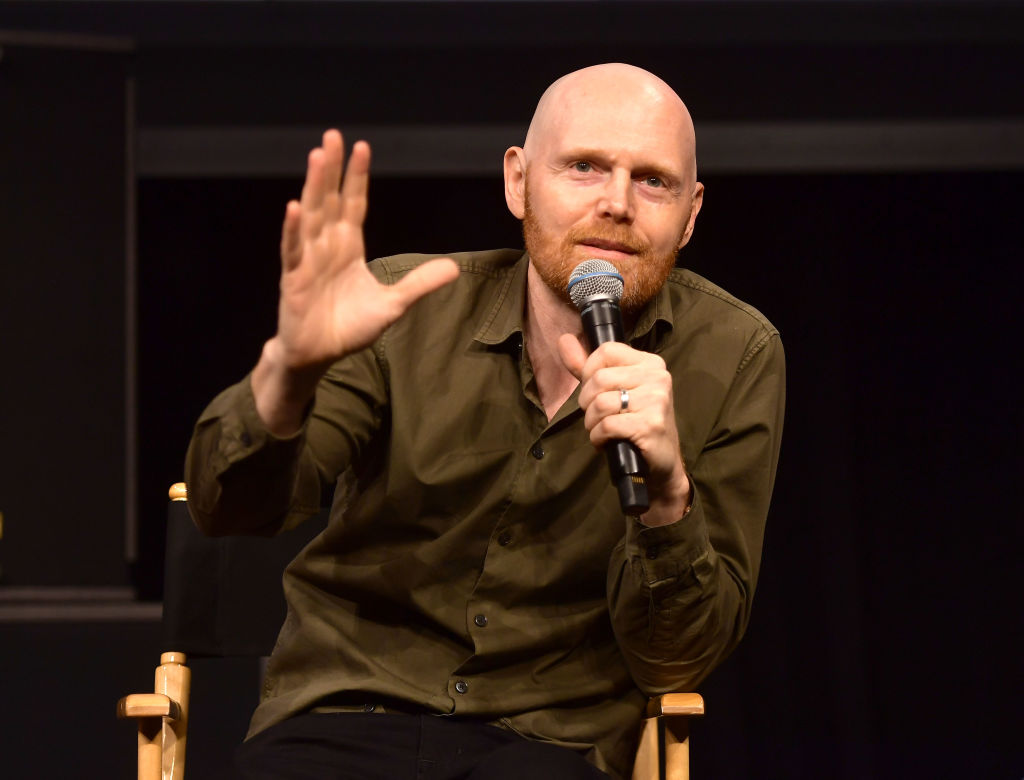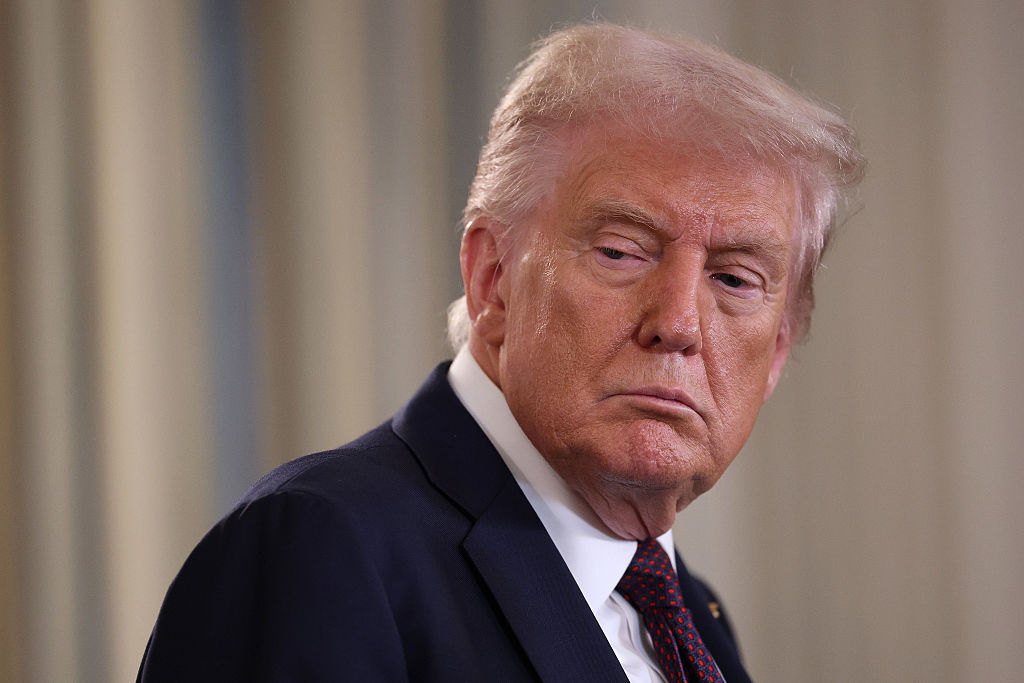When it comes to foreign lobbying, the extent to which one is scrutinized depends a lot on the government one is working for. Paul Manafort is now in prison for crimes committed with the money he received from Ukraine, and Mike Flynn’s dealings with Turkey – which he failed to register – have been investigated by Special Prosecutor Robert Mueller.
Still, a vast amount of shady influence peddling goes on that is not officially deemed foreign lobbying. For example, Qatar made a $14.8 million donation to the Brookings Institution in 2013 that only ran out in 2017. Their Doha center is still open. In mid-2018 several stories ran about this year’s Qatari lobbying blitz, in which they paid no less than 17 different PR firms. The late 2017-early 2018 lobbying push targeted firms that were aligned with Republicans, including John Ashcroft’s firm and one that Corey Lewandowski founded, according to OpenSecrets (Lewandowski denies ever working for Qatar). Still, the Qataris are good guys, apparently, so that is alright.
The elite-driven public relations strategy of Qatar is in stark contrast to, say, the 100-page glossy magazine put out to promote Saudi Arabia by the National Enquirer’s publisher. This appeared in US grocery stores early last year. It extolled the Kingdom and the virtues of its new crown prince, Mohammed bin Salman. The strategic logic of the Saudi-American relationship is obvious, however one might feel about it. What’s more it’s existed for a very long time by the standards of modern diplomacy. Aramco World, the English magazine of Saudi Aramco, has been in print since 1949.
Qatar punches above its weight by targeting the serious people. Which makes this Washington Post report, indicating that Jamal Khashoggi, the Saudi journalist murdered in Istanbul this year, was closely in league with the Qataris, very interesting, given how critical Brookings has been of Saudi Arabia over the murder.
The Post report shows they even went so far as to help him draft his columns to make them more critical of Saudi Arabia. According to the Washington Post, it was while Khashoggi was attending a conference in Qatar that the Saudi government formally banned him from writing anything. All of this raises the question, was Khashoggi a Qatari asset?
This is the most damning paragraph of the Post’s report:
‘Khashoggi also appears to have accepted significant help with his columns. Salem, the executive at the Qatar foundation, reviewed his work in advance and in some instances appears to have proposed language, according to a voluminous collection of messages obtained by the Post.’
This one’s pretty bad too:
‘Other texts in the 200-page trove indicate that Salem’s organization paid a researcher who did work for Khashoggi. The foundation is an offshoot of a larger Qatar-based organization. Khashoggi also relied on a translator who worked at times for the Qatari embassy and the foundation.’
Credit to the Post for reporting about their late columnist’s conflicting interests. Yet Fred Hiatt, the editor of the paper’s editorial page, said that Khashoggi’s writings show no favor to Qatar. ‘He doesn’t attack Saudi Arabia’s campaign against Qatar, as Qatar might have wanted,’ Hiatt said.
That is dubious, to put it mildly. Here is a column in which Khashoggi criticizes the blockade of Qatar, and says he should not just shut up and be grateful for movie theaters being opened while things like the blockade go on. That sounds like favoring the Qatari position.
David Reaboi, in a post just before Christmas, suggests more may be coming:
‘Rumors have floated inside the Beltway about the contents of Khashoggi’s text messages and, potentially, evidence of wire transfers from Qatar found at his residences in Turkey and in Virginia. The Post’s pre-Christmas release of this information is almost certainly in an effort to get ahead of a story that another outlet is pursuing, and frame some rather explosive revelations in the least damaging way.’
In October, the Daily Beast sought comment from a Brookings scholar about the fallout to the Khashoggi slaying, and he replied:
‘The Saudis may be hoping the furor over the Khashoggi murder will die down if they keep stalling, but Bruce Riedel at the Brookings Institution in Washington, D.C., notes that “the more the Saudis try to develop their cover story the more it will unravel further.”
‘”It’s the murder of the century, so far,” says Riedel.’
There isn’t really an ethical standard being violated here, either on the part of the journalist or Mr Riedel. But do you, as a reader, feel entitled to know that his institution received a multi-million dollar donation in the past five years, and operates a center in Doha? Do you think that might have colored his point of view? Cockburn thinks it worth pondering.



